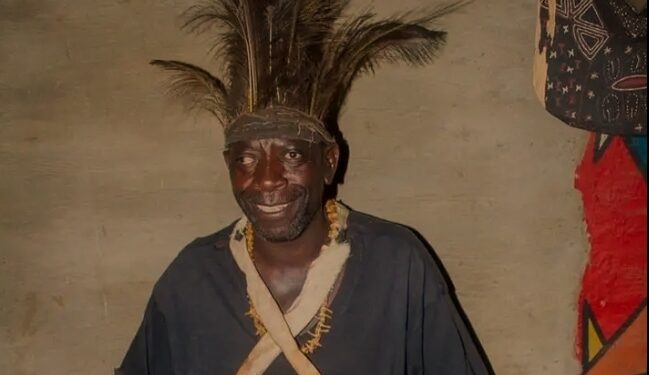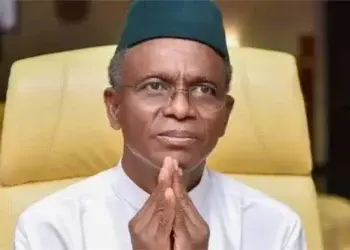In a recent update by Newsmirrorng.com, the secretary general of Nigeria’s witches and wizards, Dr. Okhue Iboi, has passed away at the age of 65.
Dr. Okhue Iboi, originally hailing from Okpe, Akoko Edo Local Government Area of Edo State, dedicated his life to trado-medical practice, serving patients with his herbal expertise, particularly in Lagos.
Despite his skills, Dr. Okhue Iboi succumbed to illness, sparking shock and sadness among his loved ones and the community. His sudden demise occurred after receiving treatment in his village, following a decline in his health.
Dr. Okhue Iboi’s life was marked by mysticism from birth, with tales of supernatural occurrences surrounding his early years. His unique arrival into the world, accompanied by mystic objects, foreshadowed his future as a renowned herbalist.
Leaving behind a rich legacy, Dr. Okhue Iboi was not just a healer but a family man, with three daughters and a son, all of whom pursued higher education, reflecting his commitment to both traditional healing and modern education.
In remembrance of Dr. Okhue Iboi, his contributions to traditional medicine and his impact on the community will be cherished and celebrated for generations to come.











